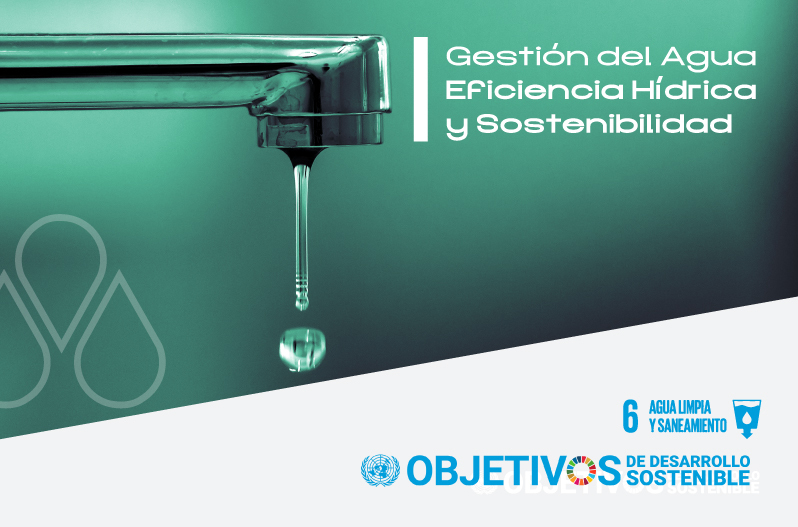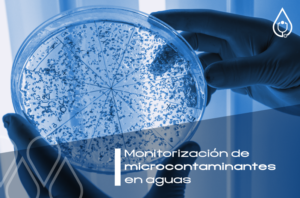Water Management, Water Efficiency, and Sustainability
Water is a vital and limited resource, essential for the survival of all living beings on the planet. However, rapid population growth, urbanization, and climate change have increased water demand.
This has created an urgent need to implement sustainable water management to ensure its availability and quality for future generations.
What Is Water Management?
Water management is the process of administering and protecting a region’s water resources. It includes planning, development, distribution, and conservation of water, as well as controlling its quality.
Sustainable water management is essential to guarantee availability and is a shared responsibility among citizens, governments, and businesses.
Importance of Sustainable Water Management
Proper water control is necessary to ensure access to clean and safe drinking water for people, as well as to guarantee its availability for agriculture, industry, and energy production.
At the same time, it is essential to work on preventing pollution and protecting the environment. This involves controlling industrial and urban discharges and implementing specific strategies, which are explained below.
Sustainable water management is also key for climate change adaptation, as it can help reduce communities’ vulnerability to droughts, floods, and other climate-related impacts.

Challenges and Issues in Water Management
There are many problems that need to be addressed in water management. One of the greatest challenges is unequal access to water, which can result from a lack of infrastructure and adequate policies.
Water pollution is also a significant issue, affecting both the quality and availability of water.
Other challenges include the overexploitation of water resources, insufficient measures for water conservation, and a lack of proper coordination among the various sectors involved in water management.
This overexploitation can lead to the depletion of important aquifers, as they are not inexhaustible.
Strategies for Sustainable Water Management
Water management is an integrated process that requires cooperation and coordination among multiple stakeholders. Below are some key strategies for achieving sustainable water management:
Integrated Water Resources Planning and Management
Integrated planning and management of water resources aims to coordinate water management across a river basin. It relies on the participation of all sectors and stakeholders involved in water control, including users, the public sector, and civil society.Water Conservation and Efficient Use
Conservation and efficiency are key to reducing water consumption and protecting water resources. Measures include the use of more efficient technologies in industry and agriculture.Wastewater Treatment and Reuse
Treating and reusing wastewater is another key strategy to ensure water availability for various uses. Treated wastewater can be used for irrigation, industry, aquifer recharge, and other applications, reducing the demand for fresh water.
Another potential measure is redesigning plumbing systems in homes and buildings to stop using potable water for toilet cisterns, instead using greywater from sinks or showers.
Protection and Restoration of Aquatic Ecosystems
Protecting and restoring aquatic ecosystems is essential for sustainable water management. Healthy aquatic ecosystems provide vital ecosystem services, such as water flow regulation, aquifer recharge, and pollutant removal.Citizen Participation and Transparency
Citizen participation involves engaging local communities in water planning and management, while transparency ensures the disclosure of information and access to information for all stakeholders.

Conclusions
Water management is a crucial challenge that requires a comprehensive and coordinated response from governments, businesses, and citizens.
Implementing sustainable water management strategies can ensure the availability and quality of water for future generations and reduce communities’ vulnerability to the impacts of climate change.
It is essential to promote cooperation and coordination among the various sectors involved in water management to secure a sustainable future for this vital resource.
Our Role in Water Management
Sensactive Technology provides technological solutions for monitoring water quality to safeguard health and the environment. The company is committed to advancing knowledge and innovation, enabling Water Biosense to monitor key agents in all types of water.
Sensactive Technology is accredited as a company aligned with the Sustainable Development Goals, focusing on the quality and safety of water and enabling more efficient management of scarce water resources for reuse and recycling.
Water Biosense represents a key technological component to complement water quality and efficiency.





